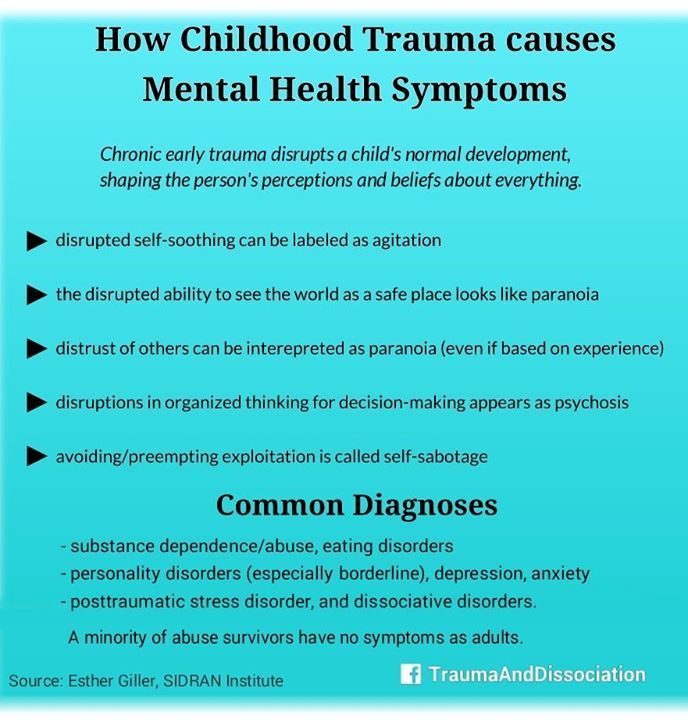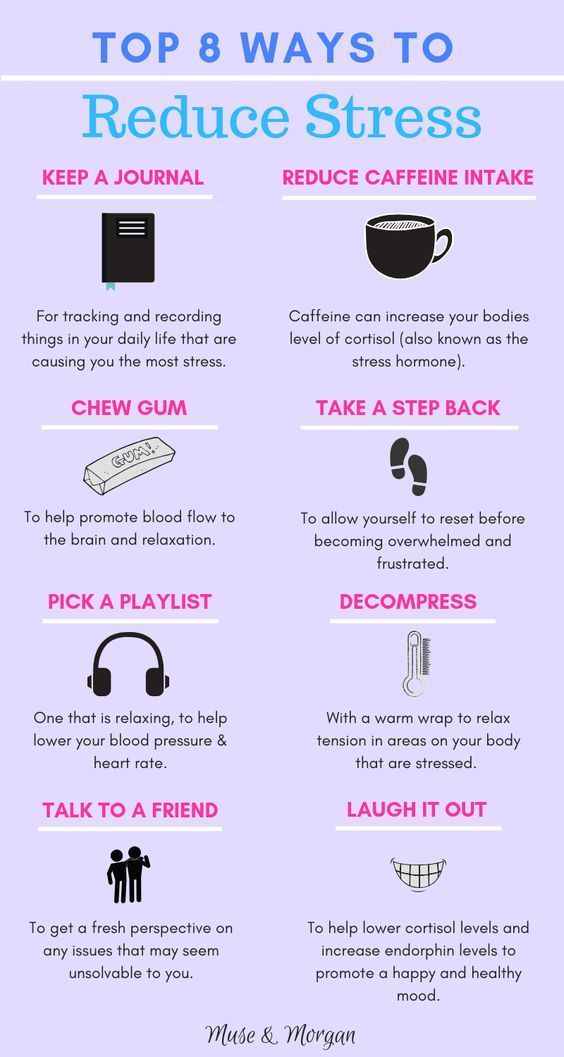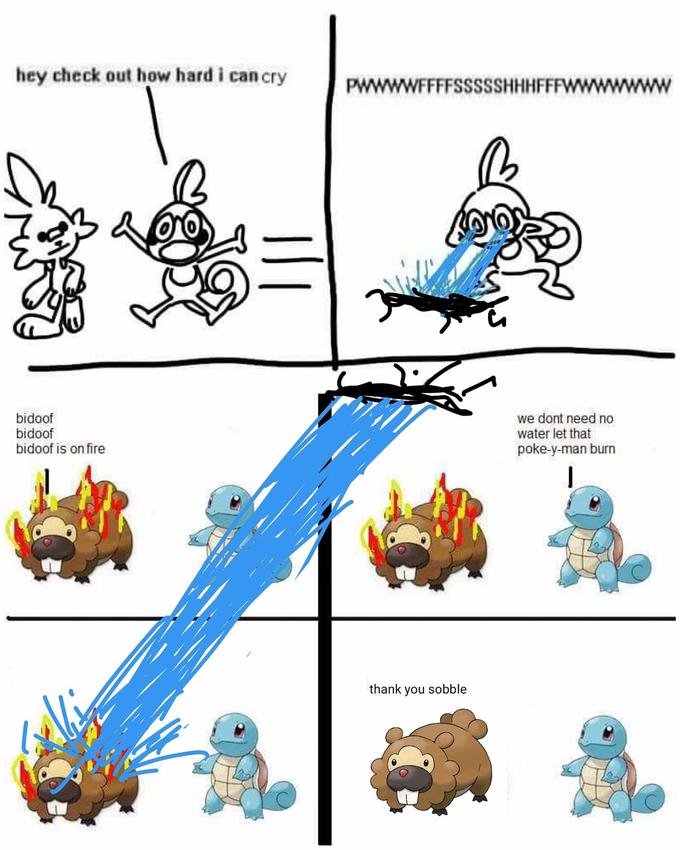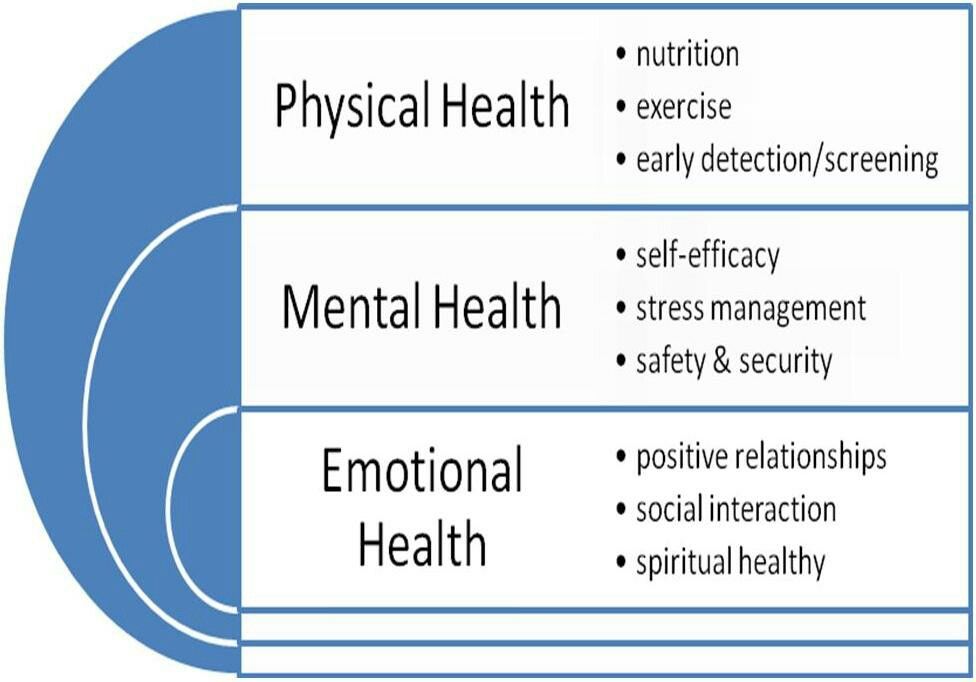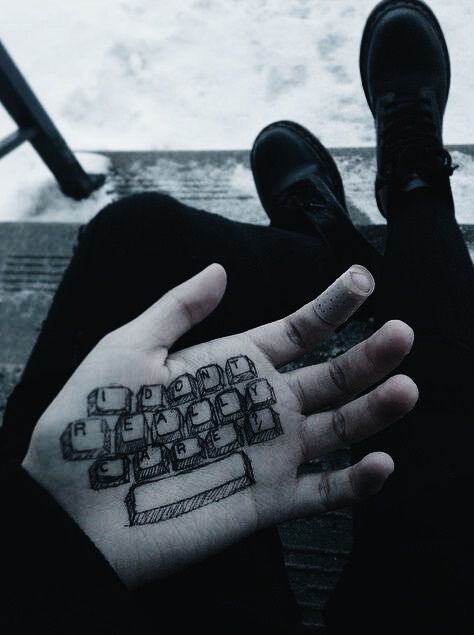Why family scapegoats become lifelong victims
What Happens When a Scapegoat Leaves a Family?
In a family structure a scapegoat is the person who is blamed, ridiculed, mocked, and punished for the shortcomings of the other abusive family members. The abuse that a scapegoat endures often leaves them with many mental health issues that can follow them around for their entire life which raises the question, what would happen if the scapegoat were to leave the abusive family structure?
When a scapegoat leaves a family, the family that they left will try to manipulate them back into the family structure so they can continue to use them as a repository for their negative emotions and the scapegoat will experience a ton of confusing negative emotions about leaving.
After leaving their family of origin, there are a lot of obstacles that scapegoats are going to have to overcome to obtain the happy, healthy, and secure life that they deserve. This article is going to guide you through those obstacles, starting with a short video we made about the characteristics of a scapegoat to give you a better understanding of the challenges that scapegoats face on a daily basis.
A Short Video About the Characteristics of a Scapegoat
The Scapegoat’s Family Will Try to Manipulate Them Back Into the Abuse CycleWhen a scapegoat leaves their family of origin they are going to experience a lot of invalidation, devaluation, dehumanization, and chaos that is designed to manipulate them back into the abuse cycle and remain a repository for the family’s negative emotions.
It’s for this reason that going no contact or having as little contact as possible with their family of origin is really important for the scapegoat to consider because after years of invalidation, devaluation, dehumanization, and chaos, their abuser’s condescending voice could manipulate them back into the abuse cycle through something as simple as a text, phone call, or passive-aggressive side comment.
If the scapegoat is able to set and maintain firm boundaries with their family of origin after leaving, like going no contact or having very little contact, it’s very common for their abusers to try to isolate them through a smear campaign.
A smear campaign is simply a plan to discredit, devalue, invalidate, and oppress a specific group or individual through lies and gossip. When it comes to a scapegoat’s departure from their family of origin, a smear campaign will often manifest in the form of triangulation.
Triangulation is when an abuser will make one-on-one conversations, disagreements, feudes, and arguments into two or more-on-one conversations, disagreements, feudes, and arguments.
You can read our articles What Does Triangulation Look Like and 6 Insightful Examples of Triangulation In Narcissistic Relationships for more context but triangulation can be very subtle like the main abuser posting passive aggressive content on social media about the scapegoat or it can be very bold like the main abuser sending flying monkeys to harass the scapegoat.
The smear campaign, and all of the narcissistic behavior patterns embedded within it, is designed to push past the healthy boundaries that the scapegoat has set so that the abuser can continue to use them as a repository for their suppressed negative emotions even though they aren’t able to manipulate the scapegoat into returning to the abusive environment.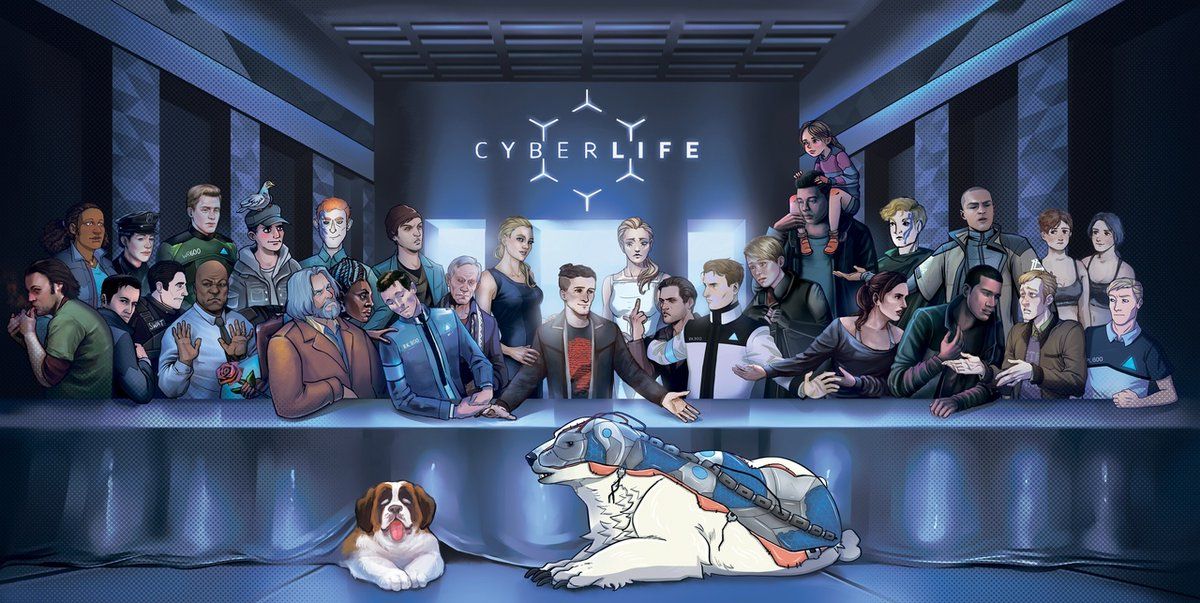
It’s important to remember that just because the abuser has singled out the scapegoat who left as their main target, it doesn’t mean that they have any sense of loyalty towards the other family members who enabled or participated in their abusive behavior.
Once the abuser realizes that they no longer have power and control over the scapegoat who left, they are going to search for a new scapegoat to regulate their suppressed negative emotions and fulfill their insecure need for power and control.
This can be incredibly traumatizing for the scapegoat who left because if they have contact with their family of origin they are going to see people that they care about experience the same horrific levels of abuse that they worked so hard to escape.
It’s possible for the main abuser to manipulate the remaining family members into believing that the abuse they are now experiencing is because the scapegoat left, which is a form of triangulation.
Under these circumstances it is common for scapegoats who leave their family of origin to feel a tremendous amount of guilt and shame for leaving because they see how it has affected everyone else.
As hard as it may be, it is really important for the scapegoat to refuse to give into the main abuser’s coercive tactics because the punishment they’ll receive for leaving the family and returning is far greater than what anyone could ever imagine.
Yet another obstacle that scapegoats are going to overcome after leaving their family of origin is the abuser’s tendency to victimize themselves. We covered this in our article Why Are Trauma Bonds So Hard to Break but it is very common for abusers to victimize themselves when their scapegoat leaves.
The reason being that a majority of abusers are so emotionally inadequate that they can’t regulate their own emotions even if they tried to. This means their scapegoat, a repository for all of their negative emotions, plays a huge role in their emotional stability.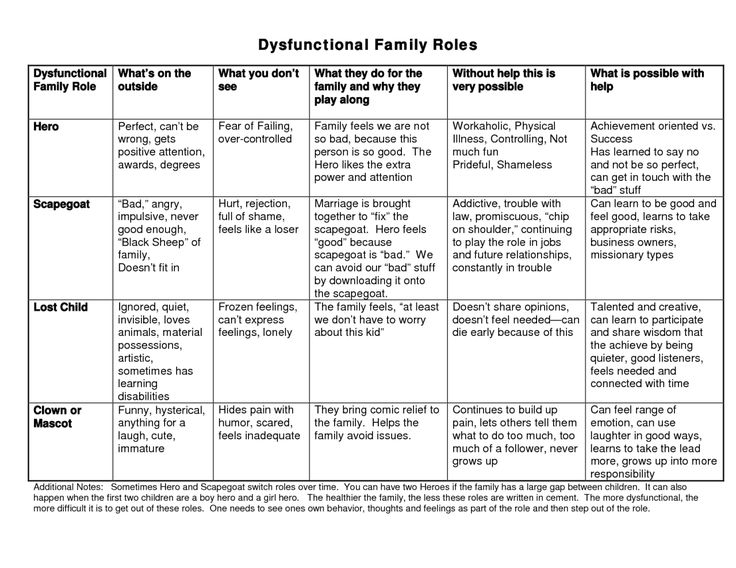
When the scapegoat leaves their family of origin, the abuser doesn’t have anyone to project all of their suppressed negative emotions onto. Instead, they’re forced to deal with them on their own which is quite literally impossible for them.
It is very common to see the life of abusers who don’t have a suitable scapegoat begin to fall apart as their emotional stability deteriorates. Like a covert narcissist, an abuser without a scapegoat will become very vulnerable, needy, socially inadequate, anxious, irritable, resentful, hostile, and depressed.
It can be a really confusing and destabilizing experience for a scapegoat who left their family of origin to see someone who has had so much power and control over them in such a fragile state.
This can lead to the scapegoat gaslighting themselves back into the role as a scapegoat in their family of origin simply because their abuser’s ability to victimize themselves has triggered an overwhelming amount of self-doubt and self-blame within the psyche of the scapegoat.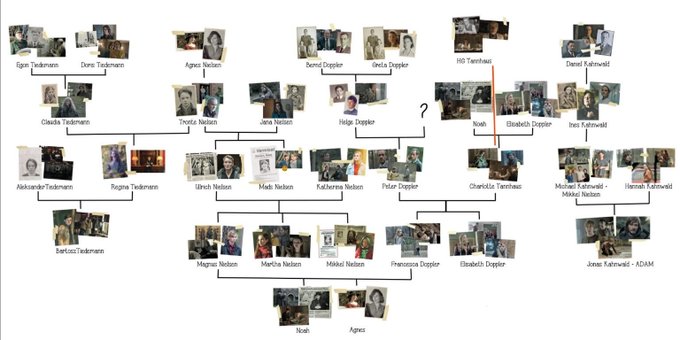
In our article What Causes Scapegoating In Families we dive into this aspect of scapegoating much more thoroughly but to truly understand what happens when a scapegoat leaves a family it is important to be aware of how one becomes a scapegoat and the effect scapegoating has on a family structure.
Generally speaking, scapegoats are often perceived as a threat by the main abuser of the household, like an abusive parent, simply because certain aspects of their identity trigger the abuser’s suppressed vulnerabilities and insecurities.
A simple example of this would be an abusive father using a somewhat fragile son as a scapegoat because the father had an upbringing in an environment where he was ridiculed, mocked, and punished for being “weak” by his parents.
The emotional and/or physical fragility of this father’s son serves as a constant reminder of the fear that the father has of being “weak” so he uses his son as a scapegoat to indirectly attack aspects of his own identity that he despises.
Sadly, this fear and hatred that abusers have towards their scapegoats is infectious. The other family members see how badly the abuser treats the scapegoat and are forced to choose between siding with the abuser and staying relatively safe or defending the scapegoat and risk becoming the target of the abuser’s wrath themselves.
What ends up happening is that the entire family ends up mobbing the scapegoat simply because the main abuser is so intense and terrifying that it throws the rest of the family into survival mode. This means that the scapegoat plays a crucial role in the emotional regulation of the abusive family so when they leave it causes a tremendous amount of chaos, confusion, and fear within the family structure.
What Should You Take Away From This Article?The importance of scapegoats who’ve escaped their family of origin seeking the guidance of a qualified professional is immeasurable. In our article What Are the Characteristics of a Scapegoat we cover this much more thoroughly but abusers decimate the mental health of their scapegoat.
The effect that scapegoating has on the cognitive development of victims of abuse is unfathomable. Family scapegoats could find themselves in abusive environments for the rest of their lives or even become abusers themselves if they don’t address the trauma that their abusive upbringing created. An upbringing in an unhealthy/abusive environment will corrupt the victim’s definition of love and healthy relationships.
Seeking out the guidance of a qualified professional is by far the best and most reliable approach a victim of abuse can have when trying to shake the condescending voice of their abuser, reconstruct their identity and self-esteem, develop healthy trauma responses, and reshape their cognitive development so that they can live the happy, healthy, and secure life that they deserve.
Get a Free Educational Bundle Every Week!
- 1 Educational Video From a Mental Health Professional
- 1 Informative PDF About Narcissistic Abuse
- 1 Journaling Exercise With Multiple Prompts
- 7 Affirmations for the Upcoming Week
- Lifetime Access to Our Private Online Community
Get a Free Educational Bundle Every Week!
- 1 Educational Video From a Mental Health Professional
- 1 Informative PDF About Narcissistic Abuse
- 1 Journaling Exercise With Multiple Prompts
- 7 Affirmations for the Upcoming Week
- Lifetime Access to Our Private Online Community
All of the content that Unfilteredd creates is for educational purposes only and is not intended to be a substitute for clinical care — please visit here for qualified organizations and here for qualified professionals that you can reach out to for help.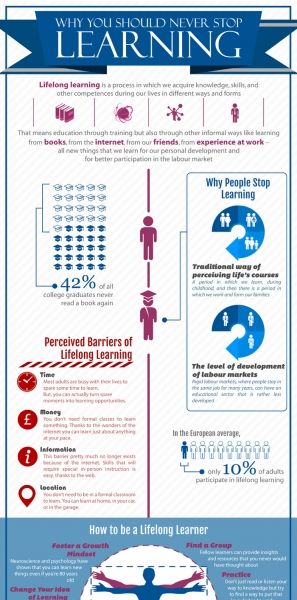
References
Rivka Yahav, Shlomo A. Sharlin, Blame and family conflict: symptomatic children as
scapegoats. Child & Family Social Work 7(2):91 – 98, 2002.
Why family scapegoats become lifelong victims.
If you were scapegoated by your family, two things can happen. You can become a narcissist yourself (narcissism being an elaborate defense mechanism to avoid further hurt and abuse) or you will internalize the early message that you’re worthless, defective and have no rights. I’m going to talk about the second scenario because that’s what this video is about and it’s what happened to me.
As a scapegoat, you are trained to live in fear. You become afraid to defend yourself, express your opinions, or demand fair treatment. This attitude of worthlessness, fear and shame is carried into adult life. Other people can immediately sense you are a pushover and a magnet for abuse, rejection, and bullying, and you become a target for abuse by others well into adult life.
You can become a lifelong victim unless you find a way to break the pattern. It’s difficult to unlearn, because it was established so early in life by the narcissistic parent.
Golden children, who more closely resemble the narcissistic parent or provide them with narcissistic supply (adulation), are more likely than scapegoats to become narcissists themselves. They will often become the aging narcissistic parent’s flying monkeys against the scapegoated adult child, continuing the family pattern of abuse.
Scapegoated children are the family shock absorbers. They are the children who have been assigned to absorb and internalize the narcissistic parents’ rage and to mirror back what has been projected onto them.
This is exactly what happened to me. Although because I was an only child I sometimes served the Golden Child role, for the most part I was the scapegoat. My Aspergers and high sensitivity made me even more perfect for that role.
Today I’m the black sheep and the “loser” of my family. I’m never included in family functions because of my poverty and the fact I’m “different” than the rest of them. Although they disapprove of me, I really became exactly what they needed me to be. My becoming a “loser” ensured they would always be winners.
I’m never included in family functions because of my poverty and the fact I’m “different” than the rest of them. Although they disapprove of me, I really became exactly what they needed me to be. My becoming a “loser” ensured they would always be winners.
I’ve been disinherited because they believe I’m undeserving, a shameful blemish on the family’s “good name,” further guaranteeing I will always remain poor and therefore powerless–unless I hit the lottery (which I don’t play) or write a book, which I plan to do. The irony of all that is the book may very well be one that exposes the people who raised me for what they really are.
I’ve always been a risk-averse, avoidant underachiever. My dealings with others have suffered because of my fear of the judgment of other people. I was often bullied as a child and teenager.
I married a narcissistic man and continued to live with him and allow his abuse even years after we were divorced.
Although as an adult I’m no longer bullied (and am Very Low Contact with my ex), people still try to push me around, treat me like a mental defective, leave me out of conversations, overlook me for promotions or raises at work, or just talk over or look through me as if I’m not there at all. When I say something, people act like they don’t hear me. It’s very hard for me to make friends or fight back when I need to because I was trained from an early age to be so very afraid of everyone. I’m the proverbial shrinking Violet and wallflower–the kind of woman my mother used to mock for being so “insipid.” I seem to have the opposite of charisma.
When I say something, people act like they don’t hear me. It’s very hard for me to make friends or fight back when I need to because I was trained from an early age to be so very afraid of everyone. I’m the proverbial shrinking Violet and wallflower–the kind of woman my mother used to mock for being so “insipid.” I seem to have the opposite of charisma.
For many years I walked around as if ashamed to be alive. I carried shame with me like a heavy burden that affected the way I spoke, the way I related, the way I thought (all the negative self-talk and self-hate), even the way I moved and carried myself. I embarrassed myself.
Since I started writing, I’ve learned that I wasn’t put on earth as an example to others of how not to be (I actually used to believe this), but that God gave me these challenges and this life to teach me valuable things about myself–but that waking up to who God meant for me to be was going to be hard, painful work. I don’t live in self-pity: my narcissists have been my teachers.
One day I dream that people offline will know who I really am. That I have a personality. That I’m funny and intelligent. That I have opinions of my own, and that I am actually good at things. But more than anything else, that I have a finely tuned bullshit detector–a gift unintentionally bequeathed to me by my narcissists, and it’s a gift more priceless than any amount of money I may have inherited.
The following video will explain why what narcissistic parents do to their own offspring is nothing less than soul murder. Unfortunately, the original video I had posted here (which I preferred) was the best one to illustrate the way being scapegoated as a child tends to continue well into adult life, with the grown adult child now unconsciously projecting a “kick me” sort of vibe in relationships, friendships, on the job, and everywhere else, and then they wonder why they continue to feel victimized everywhere they go. It’s hard to break the pattern, but it can be done. Here’s a different video with the same general message as the first, although the first one (which was removed) was much better, in my opinion.
Rate this:
Like this:
Like Loading...
“All because of you!”: how to understand that you are a “scapegoat” in the family
Man among people Know yourself ”, not realizing that it is in it that the cause of most of their life difficulties lies. They complained of depression, anxiety and low self-esteem, but they believed that they had brought themselves down and did not understand how total bad luck was connected with this unenviable status, ”says Rebecca Mandeville.
Scapegoats are much more common than we think. This is one of the roles imposed on a child who is brought up in a problem family, and its negative consequences often remain for life. Many adults do not fully realize that in childhood they were subjected to psycho-emotional abuse in a particularly sophisticated form.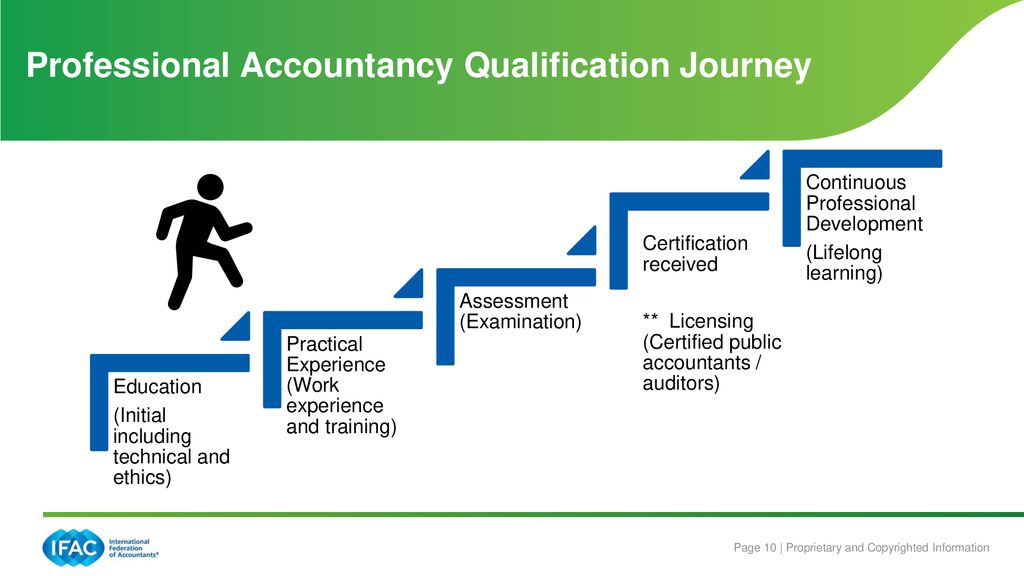 Moreover, even specialists are not always able to recognize the symptoms.
Moreover, even specialists are not always able to recognize the symptoms.
Some psychologists and psychotherapists downplay or underestimate the genuine suffering of adult scapegoats because they do not know how destructive this form of domestic violence is.
For example, a client who hopes to resolve a protracted family conflict is told: “But this is your family, they love you”, “Kinship ties are very important, it’s probably not so bad”, “Try to forgive them, because you need to maintain good relations with relatives”, “Do not break with them in haste, because this way you just reinforce unhealthy parental attitudes.” Such recommendations only reinforce the fears of clients that the blame for all family troubles lies solely with them.
1. You are considered codependent, highly sensitive, and overly empathic. Or vice versa - painfully proud, which is quite understandable: your parents harassed you so much that now even harmless remarks are perceived as an insult. You cut short anyone who misbehaves with you unnecessarily.
You cut short anyone who misbehaves with you unnecessarily.
2. It is difficult for you to express your feelings because from early childhood you learned to talk about yourself less so that family members do not use the information received against you. Perhaps many (including parents) call you an insensitive and heartless egoist, unable to love. Because you are used to suppressing your emotions, you may have developed physical illness, addiction or codependency, anxiety, depression, obsessive-compulsive disorder.
3. You have been taught that the quality of your relationship with your parents, guardian, brother or sister, and other relatives depends only on you. It doesn't matter who is to blame - all family troubles happen because of you.
4. If you tried to state your version of events or objected to family authority, you were called a liar, crazy, "sick in the head."
5. One or more family members have physically, emotionally, or psychologically abused you, including gaslighting, that is, denying, distorting, or misrepresenting facts in order to establish themselves at your expense.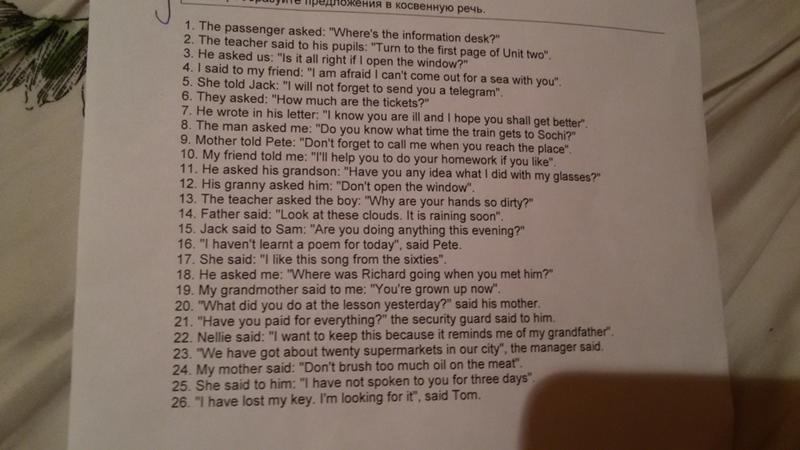
6. Distant relatives and even acquaintances were informed that you are a naughty, “problematic” child who does everything out of spite, cunning and lying at every turn.
7. If as a child or teenager you tried to complain to relatives or strangers that you were offended, they did not believe you. Parents, brothers or sisters denied their actions and every time they made you look like a liar.
8. You were slandered and humiliated: you were called “difficult”, “sissy”, “artist”
Relatives did not hesitate to describe your “shortcomings” to everyone they met - of course, in your presence. For example: "Oh, she was an unbearable child, she was always whining and naughty."
9. When you fell ill, you were accused of pretending, and all your relatives, near and far, were informed about this, apparently in order to shame you once again.
10. As an adult, you continue to blame yourself for any failures in relationships and suspect that you were born that way - flawed and worthless.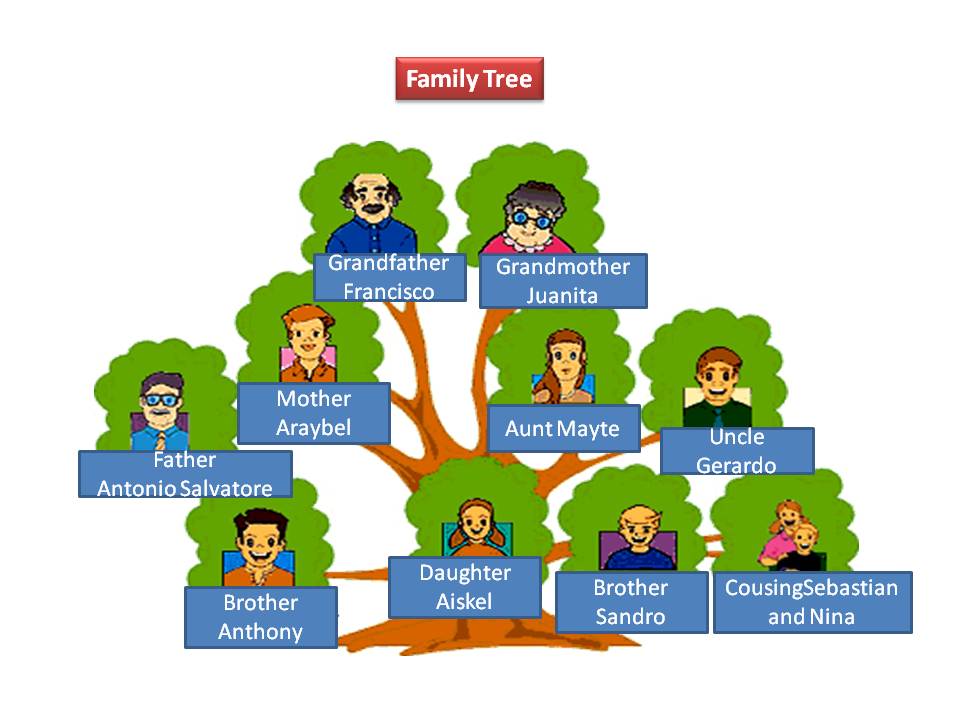
11. You feel uncomfortable around your family, you feel like a black sheep that does not belong here. It seems that you are squeezed from all sides, neither to breathe, nor to make an extra movement. Just being yourself is unacceptable, and you may not even know what it is - your true "I".
12. You find it difficult to create healthy attachments, trust people and love, and you also blame yourself for this. Most likely, you are attracted to narcissists, abusers, alcoholics or drug addicts, and although you understand what this threatens, you still get involved in destructive relationships.
13. You struggle with anxiety, depression, impostor syndrome, or suffer from complex post-traumatic disorder or bouts of unexplained morbid grief.
14. You are a “hopeless patient”: you consulted with various specialists, but neither doctors nor psychologists are able to explain why you feel so bad, get to the bottom of the matter and prescribe adequate treatment. Conversations with a psychotherapist, mindfulness practices, medications help little - unless the specialist understands that the roots of your illness lie in the once experienced domestic violence.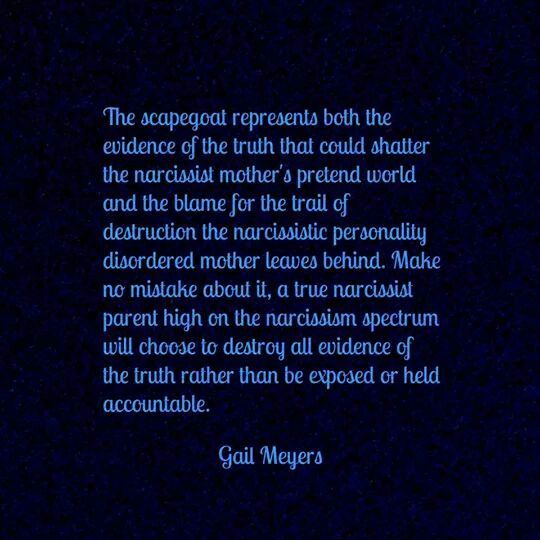
15. Your family downplays or ignores your personal and professional achievements , competent, classy specialist and so on.16. You may have gone to extreme lengths and limited contact with relatives to maintain mental health. However, you doubt your decision and feel guilty that you acted dishonorably or wrongly by pulling away from your family.
Many of the examples seem to be written off from you? Most likely, you did not expect that they are explained by the “scapegoat” syndrome, raised in an abusive family.
In adulthood, those who were scapegoated in childhood by their relatives often suffer from toxic shame, low self-esteem, depression, and anxiety. They react aggressively to the slightest injustice, reliving difficult childhood experiences, and as a result, the family continues to attribute mental disorders to them. Despite the risk of hurting himself, the growing child fights hard for his needs and desires and strives to earn the respect of the most important figures in his life.
![]()
Adults do not believe that they are capable of achieving great goals and do not know how to form strong trusting relationships with others. After all, when they were children, they were forbidden to be, feel and express individuality on an equal basis with the rest.
The scapegoat role imposed by the family can have dire consequences. If you communicate with a psychotherapist or plan to contact him, be sure to re-read the above examples: they may lie at the root causes of your problems.
About the author: Rebecca Mandeville is a family therapist who specializes in coping with the negative effects of parenting in dysfunctional families.
Text: Elena Anisimova Photo Source: Getty Images
New on the site
Borderliners: 6 Symptoms of Borderline Personality Disorder - Check Yourself
“For three years I can’t forget the girl I was in love with unrequitedly”
“Boyfriend has been hinting at or outright denying me sex for two months now.
0003
Scientists have named a simple way to create a successful profile on a dating site
How to keep an intimate diary: 6 main principles - improve your sex life
How not to make the same mistakes in relationships: 5 tips you?
What to give for a wedding and how to present a gift? Facilitator's advice
Why the whole team can turn against one person
Mobbing, like psychological terror in a team, can begin both in a conflict situation and in close, trusting relationships.
Andrey_Popov / Shutterstock
Why can mobbing appear in a team?
According to Lubov Tsoi, Candidate of Sociological Sciences, conflictologist and general director of the Moscow School of Conflictology, the reason for the search for a "scapegoat" is that the team feels a threat, but cannot find its real source. Therefore, people choose a victim and "recoup" on it. The presence of a "scapegoat" in the team can be called a disease of a particular social group, the victims of which are people who are psychologically weak, infantile, who do not have a stable opinion of their own, and mobbers - psychological terrorists - people are inferior, self-affirming at the expense of others, psychologically weak and insecure persons.
The victim of mobbing plays an important psychological function - it allows the group to assert itself and gives it a sense of superiority.
Mobbing (from the English mob - "crowd"; mobbing - oppress, rude, attack) - these are psychological, collective or individual actions aimed at discrediting a work colleague - from the usual incitement and "setting up" to direct psychological terror“Some reactions of employees are caused by an unhealthy psychological atmosphere that prevails in the organization, as well as a thirst for power over others, personal malice dictated by fear or envy,” explains Lyubov Nikolaevna. -
However, strangely enough, often the victims unconsciously bring misfortune upon themselves. That is, on the one hand, the mechanism of psychological terror is embedded in the organization, on the other hand, a person with a certain behavior model will fall into this mechanism, on which the team will recoup.
The presence of a "scapegoat" in the team can be called a disease of a particular social group.
![]()
Andrii Yalanskyi/Shutterstock
According to what principle does a person become a victim of mobbing?
Often the victim of mobbing is a person who suffers from "painful pride," the expert emphasizes.
He considers it below his dignity to enter into communication with the team, to live the life of the team. The more he is proud of his ethics, the more the team tries to "get" him - well, who doesn't feel bad when they don't respect him.
What signs and factors can be used to detect the beginning of mobbing?
- One of the main factors triggering the mechanism of mobbing is the internal tension of the entire team, carefully hidden for the time being, continues the conflictologist. - It arises for a variety of reasons: from shortcomings in the organizational structure of the enterprise, from unclear goals and strategies, from an ill-defined range of duties, from psychological stress. Against the background of these problems, any mistake of an employee can provoke aggression against him.
And although this may be an isolated case, due to the accumulated unresolved problems and general tension, the situation can turn into real bullying or psychological terror.
What causes mobbing? – Exclusion of an employee from the active life of the company, which is achieved by blocking communication channels. A person is not given important information or is given it too late, they are not invited to important meetings. - Isolating a person from informal personal contacts: they don’t greet, they don’t invite to parties, they don’t share personal news. – Spreading negative information and gossip. Screaming and insults are the apotheosis of moral persecution. - Ignoring success, which is common in employee-manager relationships. An "objectionable" employee is not given a raise, bonuses are "forgotten", they are not sent for training, they are never praised. - Committing small dirty tricks: shifting papers on the desktop, disabling equipment, deleting valuable files.- Actively supported by colleagues bullying due to the fact that employees are often afraid to openly sympathize with the victim, so as not to take her place.
How does mobbing affect a person and what qualities are formed in a person?
The expert warns that if the attacks of the team do not stop persistently or the person does not quit, he develops an inferiority complex.
In a Soviet cartoon, a "not of this world" puppy faces psychological bullying. “We don’t want to play with you,” the beige dogs rallied into a group shout to him.
Channel "SOYUZ MULTFILM"
- The victim begins to feel insecure, doubt his strengths and abilities, is afraid to be in an unpleasant situation, - says Lyubov Tsoi. - In any communication, the victim thinks that they are trying to humiliate her, to prove the uselessness and futility of her existence, and from the mere thought of work she is overcome with fear. Often, in order to protect themselves from attacks and rudeness, the victim herself begins to be rude - even to people who do not participate in persecution, thereby acquiring an increasing number of ill-wishers.
Due to constant stressful situations, the victim begins to see enemies and offenders at almost every step.
Subsequently, constant stress can affect psychosomatics and cause various diseases.
- Do not tolerate, do not ignore, do not quit, but work on yourself. No one is obliged to love or respect you until you yourself earn the trust of the team in the results of your activities and in the way you build relationships with employees in the team, - Lyubov Tsoi is sure. - When you join a new team, carefully read the "rules of the game" and do not support mobbers - psychological terrorists.
How to behave when faced with mobbing?
– Do not show off or annoy employees with your accomplishments and accomplishments. Bragging is a way to turn colleagues against oneself, because envy sometimes awakens the beast in people.
– Let the old-timers understand that nothing human is alien to you, but at the same time you have principles and you cannot discuss all topics.
![]()
- If you feel that you are becoming a "scapegoat", then combine this role with the role of the "black sheep". Complain, constantly tell your colleagues what problems your life is filled with. People don't like being "loaded". The more you "load" those who are nearby, the faster their patience will run out and they will avoid you, reducing personal contacts.
– Play mind games. Try to criticize those who terrorize you as much as possible in meetings. Don't forget to explain your pursuit of truth in terms of corporate gain. This will unsettle the psychological terrorist. The task is not easy, but if you strive to free yourself from the role of "scapegoat", then you will succeed.
– Play corporate games. The longer the team you are in exists, the more united it is. A sense of collectivism develops always, everywhere and in any relatively long-lived corporation. The unwritten rules of behavior in a team and the so-called corporate morality should be learned by you as "twice two - four.
" The "scapegoat" ignores the collective norms of behavior (joint dinners, birthdays of employees, non-business telephone conversations, a ban on manicures, make-up at the desktop, etc.), which sets colleagues, including the boss, against themselves.
– Learn to talk openly and honestly with the mobber about psychological terror , this will require great restraint from you. Emotions must be left aside, do not show fear, convince with the power of logic, involve those who can support you in the conversation.
– Turn on self-irony. If the victim really appreciates the organization in which he works, he will strive with all his might to ensure that, if he does have to become a "scapegoat", then not for long, and perceive this situation as temporary, as training to identify his weaknesses and strengthen stress resistant qualities.
And now the most important recommendation. In order not to become a victim of psychological terror, one must be aware of this psychological and cultural phenomenon.![]()



